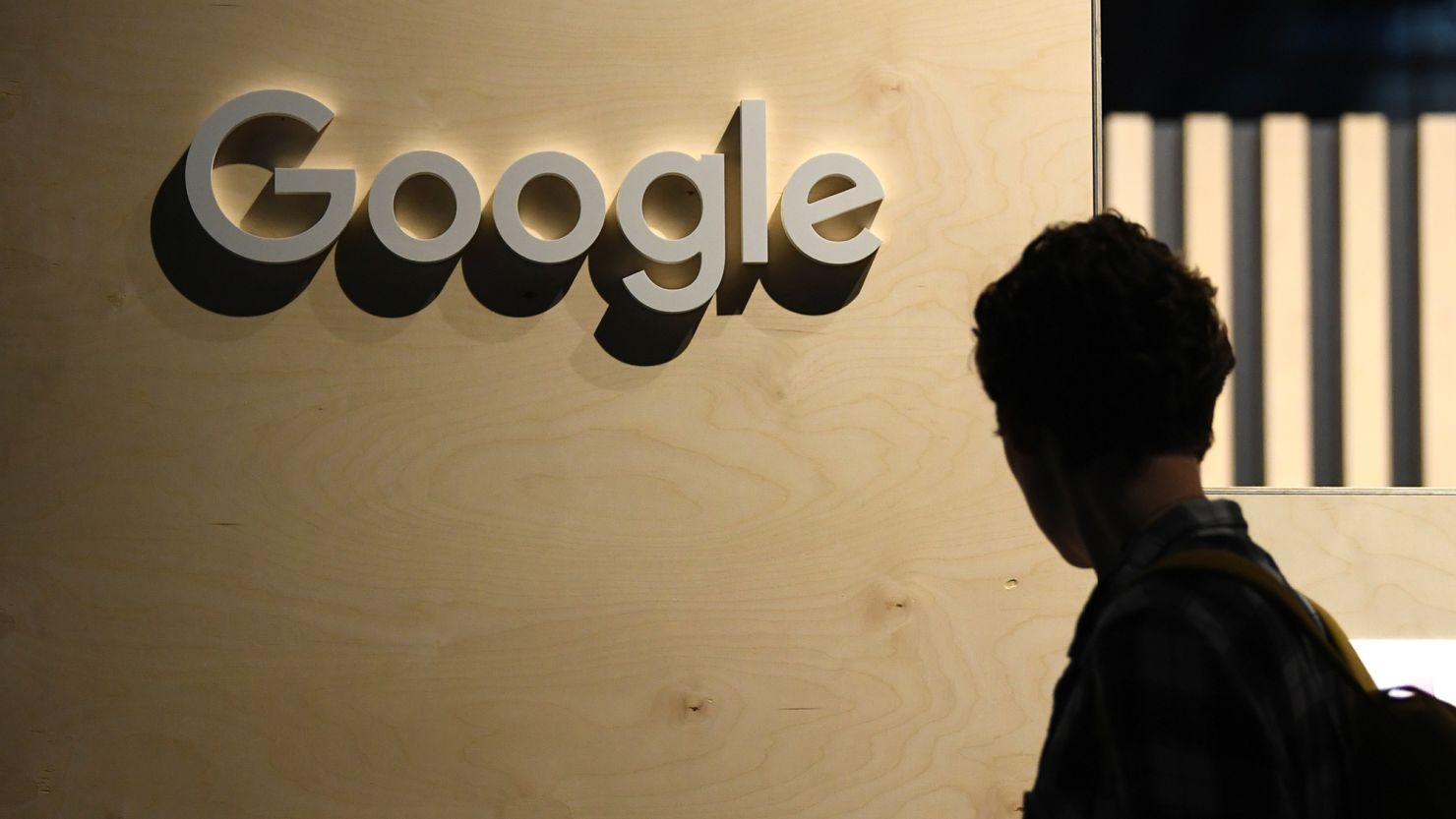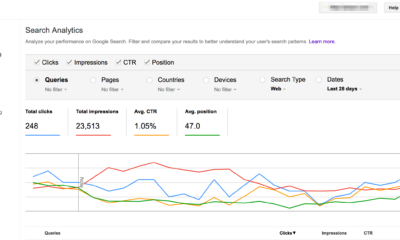News
Federal Judge Rules Google violated US Antitrust Laws in Online Search

In a landmark ruling on Monday, a federal judge determined that Google has violated US antitrust laws through its search business, marking a significant legal setback for the tech giant. US District Judge Amit Mehta of the District Court for the District of Columbia concluded that Google’s practices constituted a monopoly under Section 2 of the Sherman Act, delivering a verdict that could dramatically alter how Americans access information online.
Judge Mehta’s decision represents a major blow to Google’s dominance in the search engine market. The ruling follows a comprehensive examination of witness testimonies and evidence presented in a high-profile antitrust case initiated during the Trump administration. The US government argued that Google’s extensive investment in exclusive contracts had effectively cemented its position as the default search provider on smartphones and web browsers, effectively stifling competition from rivals such as Microsoft’s Bing and DuckDuckGo.
In his opinion, Judge Mehta stated, “After having carefully considered and weighed the witness testimony and evidence, the court reaches the following conclusion: Google is a monopolist, and it has acted as one to maintain its monopoly.” This ruling highlights the court’s view that Google’s market strategies are designed to reinforce its dominant position at the expense of competitors.
The ruling specifically targets Google’s exclusive agreements with major tech companies, including Apple, which have been criticized for fostering an anticompetitive environment. Judge Mehta also noted that Google’s practices have led to inflated prices in search advertising, reflecting the company’s monopolistic control over the market.
The decision comes after years of legal battles and scrutiny over Google’s business practices, particularly concerning how it handles its search engine and advertising dominance. The ruling could have profound implications for the company’s future operations, potentially leading to significant changes in how it conducts its business and how consumers interact with its services.
As the case progresses, legal experts anticipate that the ruling may prompt further regulatory actions and reforms aimed at curbing monopolistic practices within the tech industry. The outcome could also set a precedent for how similar antitrust cases are handled in the future, influencing the broader landscape of technology and online services.
-

 Domains6 years ago
Domains6 years ago8 best domain flipping platforms
-

 Business6 years ago
Business6 years ago8 Best Digital Marketing Books to Read in 2020
-

 How To's6 years ago
How To's6 years agoHow to register for Amazon Affiliate program
-

 How To's6 years ago
How To's6 years agoHow to submit your website’s sitemap to Google Search Console
-

 Domains5 years ago
Domains5 years agoNew 18 end user domain name sales have taken place
-

 Business6 years ago
Business6 years agoBest Work From Home Business Ideas
-

 How To's6 years ago
How To's6 years ago3 Best Strategies to Increase Your Profits With Google Ads
-

 Domains5 years ago
Domains5 years agoCrypto companies continue their venture to buy domains








